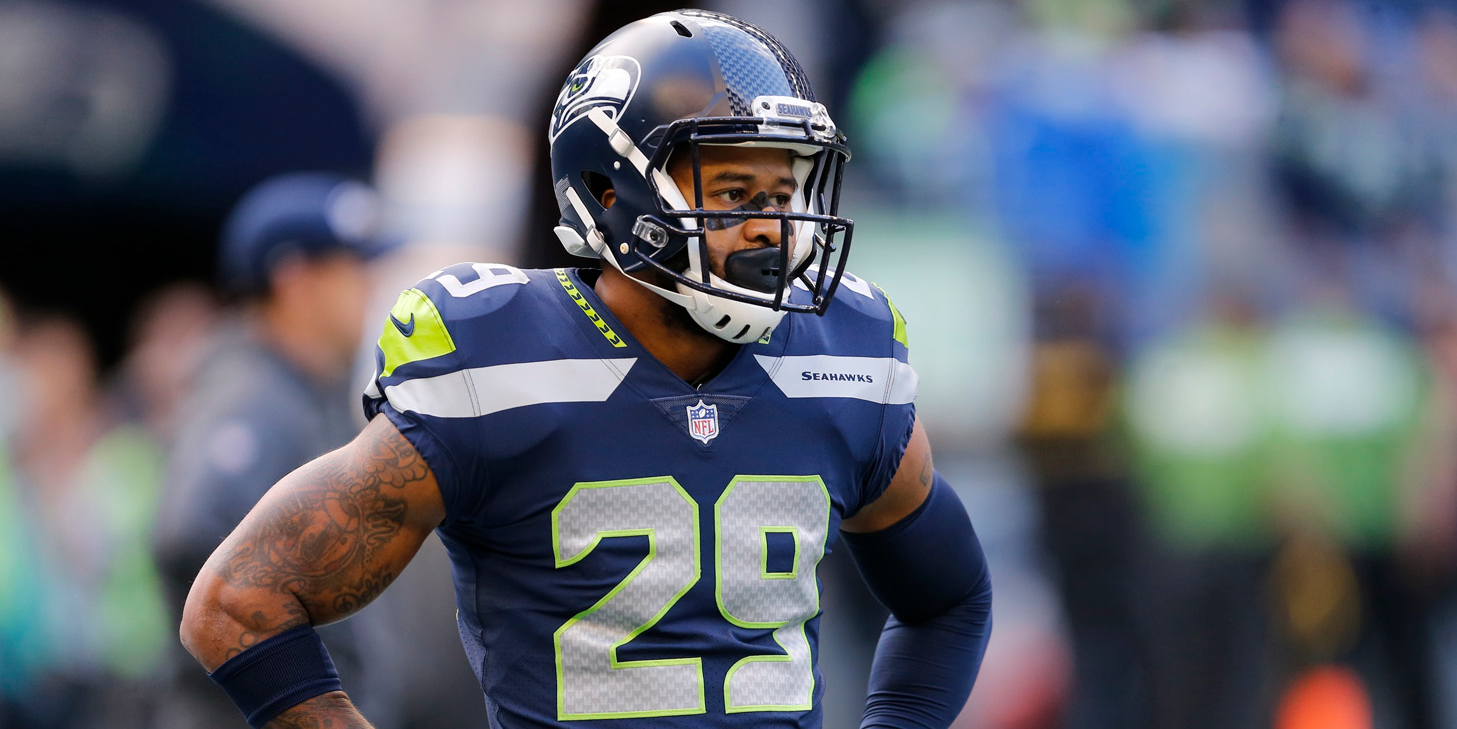- Several big-name NFL players are once again holding out of training camp and preseason for new contracts.
- While the goal is to obviously get a better deal, former NFL coach and analyst Tony Dungy noted that the physical nature of the sport makes getting paid while you can all the more imperative.
- Dungy said he understands why players hold out, but as a former coach, it was often a difficult situation to handle.
This NFL preseason, several star players are once again holding out for bigger, better contracts.
Players like the Los Angeles Rams’ Aaron Donald, the Oakland Raiders’ Khalil Mack, the Seattle Seahawks’ Earl Thomas, and the Pittsburgh Steelers’ Le’Veon Bell have all refused to report to training camp, attempting to leverage bigger, longer contracts from their teams.
While former NFL head coach and analyst Tony Dungy doesn’t love to see players holding out, he does understand why players do it. Dungy said he thinks the physical nature of the sport and the risk of it plays a big part.
“In the NFL, the short careers, you want to take advantage of it when you can,” Dungy told Business Insider from the NFL Experience in New York City, where he and his wife, Lauren, were promoting their new children’s books.
"You gotta strike the balance between, 'Hey I signed the contract, and now I've played maybe better than everyone thought. How do you come about this fairly?' But I think a lot of guys do realize that it is a short career. I played three years, and that's kind of average."
In the case of Donald, he's set to earn $6.4 million in the final year of his deal. Widely considered the best defensive player in the league and one of the best players overall, however, Donald is angling for new deal that will pay him something more like $20 million-plus per year. Such a deal would make him the highest-paid defensive player in the league - a fair price, many observers think, given his production.
Football poses a greater risk than other sports for a career-ending injury. By playing out his deal, Donald is risking a career-changing injury that could prevent him from ever making top money.
Thomas argued a similar point in his piece in The Players' Tribune this month.
"If you're risking your body to deliver all of this value to an organization, then you deserve some sort of assurance that the organization will take care of you if you get hurt," Thomas wrote. "It's that simple. This isn't new, and this isn't complicated. It's the reason I'm holding out - I want to be able to give my everything, on every play, without any doubt in my mind."
Dungy said he doesn't think holdouts are rising - he says we're just more aware of holdouts now than before. During his 13 years as a head coach, Dungy said he did experience some himself.
"I did have to handle a few of them. You just try to remind both sides, 'This is our brethren, so we're not going to be mad at him. When he gets here, we're gonna welcome him with open arms.'
"But you just wanna keep talking about, 'Hey, we wanna have everyone there,' because that's how you win as a team," he added.
Ultimately, both players and teams are put in uncomfortable positions. Players want to maximize their earnings while they can. Teams, meanwhile, try to manage their finances and are wary of going beyond what the market dictates for certain positions (this can be said of holdouts from Donald, Mack, Bell, and Thomas).
It's unclear how many of these players will get new deals or report to camp without one simply to play and stop getting fined for holding out. In the interim, Dungy said, nobody wins.
"You don't like to see it because you want to develop team unity, team chemistry," Dungy said.

